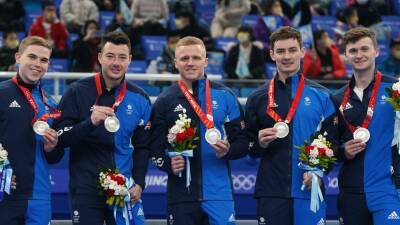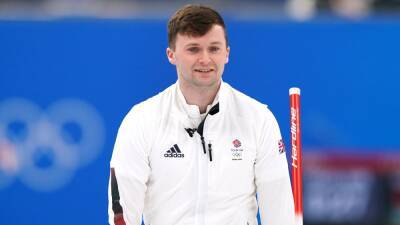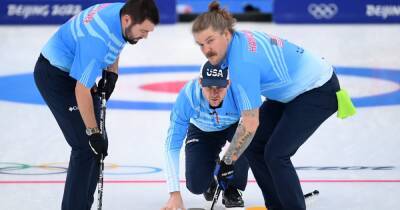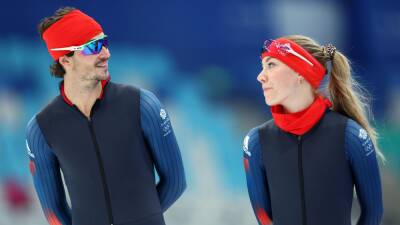Why is Russia banned from the Winter Olympics and what is ROC?
For a second successive Winter Olympics, Russian athletes will not compete under their nation’s banner at Beijing 2022.
Athletes from Russia will not compete under the nation’s banner for a second successive Winter Olympics
In December 2019, the World Anti-Doping Agency (Wada) levied a four-year ban from international sport against Russia for running what it found to be a state-sponsored doping scheme.
This ban has since been reduced to two years, but qualified athletes will compete under the abbreviation ROC (Russian Olympic Committee) in China.
At the Pyeongchang Winter Olympics, Russian athletes competed under the Olympic Athletes from Russia (OAR) tag, winning 17 medals — curlers Alexander Krushelnitskiy and Anastasia Bryzgalova were stripped of mixed doubles bronze after the former tested positive for banned substance meldonium at the Games.
Here is everything you need to know about the ROC and the background behind Russia’s ban:
Russia were found guilty of a state-sponsored doping scheme, which included Russian officials tampering with data provided by the Russian Anti-Doping Agency.
Russian athletes were subsequently banned from competing at the 2018 Winter Olympics in Pyeongchang, with Russia banned from competing as a country in athletics since 2015.
Russia has strenuously denied any involvement in a state-sponsored doping scheme, appealing the initial four year ban from 2019.
The Court of Arbitration for Sport (Cas) found their Anti-Doping Agency non-compliant, with a three-judge panel unanimously agreeing that the Russian Anti-Doping Agency (Rusada) failed to provide authentic drug-test data upon request by the Wada, who had initially pushed for a four-year ban.
The ruling from Cas reduced the ban to two







